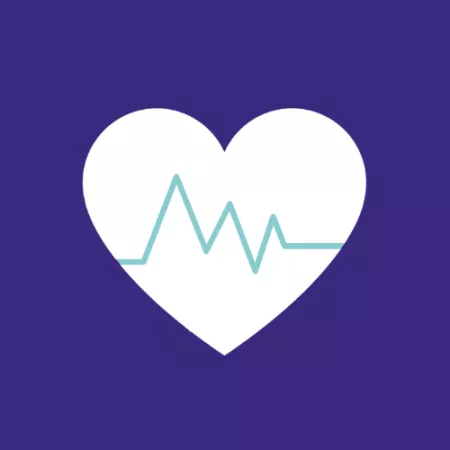Find out here about hormonal changes, anti-seizure medications, contraception, pregnancy, and the possible effects of some anti-seizure medications on an unborn child.
Hormonal changes for girls
Hormonal changes in adolescence may affect your daughter’s epilepsy. Some seizures may stop at puberty and some may change in frequency.
For some young women, hormonal changes may cause seizures related to the menstrual cycle, which is known as ‘catamenial epilepsy’.
Your daughter’s seizures may occur at a regular time in her menstrual cycle. This might not be during her period.
If you think this is the case, make sure to keep an accurate seizure record and discuss this with her epilepsy specialist nurse or consultant.
Your daughter’s medication doses can be adjusted to take this variation in her menstrual cycle into account.
Download the Seizure record chart
Find out more about managing seizures.
Find out more about Anti-seizure medications, contraception and pregnancy.
Anti-seizure medications, contraception and pregnancy
It’s important that teenage girls are given information about the effects of anti-seizure medications on contraception and pregnancy before she becomes sexually active.
Some anti-seizure medications can make the contraceptive pill, ‘morning-after’ pill and contraceptive implants less effective.
These anti-seizure medications, known as ‘enzyme inducers’, include:
- Carbamazepine
- Oxcarbazepine
- Phenobarbitone
- Phenytoin
- Primidone
- Topiramate
They cause the contraceptive hormones to be removed more quickly from the body.
That’s why girls taking these anti-seizure medications are usually given contraceptive pills with a higher level of oestrogen, the main female sex hormone.
Oestrogen plays an important role in puberty, the menstrual cycle, pregnancy, bone strength and other bodily functions.
Girls taking these anti-seizure medications will also be advised about other methods of contraception.
This should be discussed with a family planning doctor.
Anti-seizure medications and foetal development
Some anti-seizure medications can affect foetal development – a baby’s development in the womb.
So, it may be necessary to make changes to medication and doses before a pregnancy.
For this reason, pregnancies should be planned well in advance and monitored from an early stage.
The Medicines and Healthcare products Regulatory Agency (MHRA) has reviewed the risks with different epilepsy medicines and found that some are safer to use during pregnancy than others. Find out more about this guidance.
Topiramate for females
Research has shown that the anti-seizure medication topiramate can increase the risk of developmental problems in babies, when taken during pregnancy.
Women and girls who can have children need to meet the criteria of the Pregnancy Prevention Programme to be prescribed topiramate.
Sodium valproate for females and males
Research has shown the anti-seizure medication sodium valproate can cause serious developmental problems in babies, when taken during pregnancy. Sodium valproate may also cause male infertility. Because of these risks, access to this medication is limited.
Sodium valproate may also be called ‘valproate’ or ‘valproic acid’ and is known by the brand names:
Epilim, Depakote, Convulex, Episenta, Epival, Kentlim, Orlept, Sodium Valproate, Syonell, Valpal, Belvo, Dyzantil.
Sodium valproate comes as tablets, capsules and a liquid that you swallow. It also comes as granules that you mix with food or drink.
In January 2024, new rules were introduced for prescribing sodium valproate.
Two specialists are now needed to approve:
- New or ongoing valproate treatments for girls and women.
- New valproate treatments for boys and men
The specialists must agree that your epilepsy does not respond to other treatments and the benefits of treatment outweigh the risks.
For girls and women, valproate can seriously harm an unborn baby when taken during pregnancy.
For boys and men, valproate may cause infertility. Some people’s fertility may return when their treatment is stopped or reduced. There is also some evidence that valproate can cause harm in the testicles of animals, but it’s unclear what this means for humans.
Your daughter or son should never stop taking valproate before talking to their specialist first. Not taking medication as prescribed can increase the risk of a seizure.
Their epilepsy specialist will let you or your child know when their treatment is due to be reviewed.
When your child starts planning for a family, it’s important that they speak to their healthcare professional as soon as possible about their treatment options.
If you have any questions or concerns about valproate, please speak to your child’s healthcare professional.
Find out more about sodium valproate in the MHRA’s patient guide.






